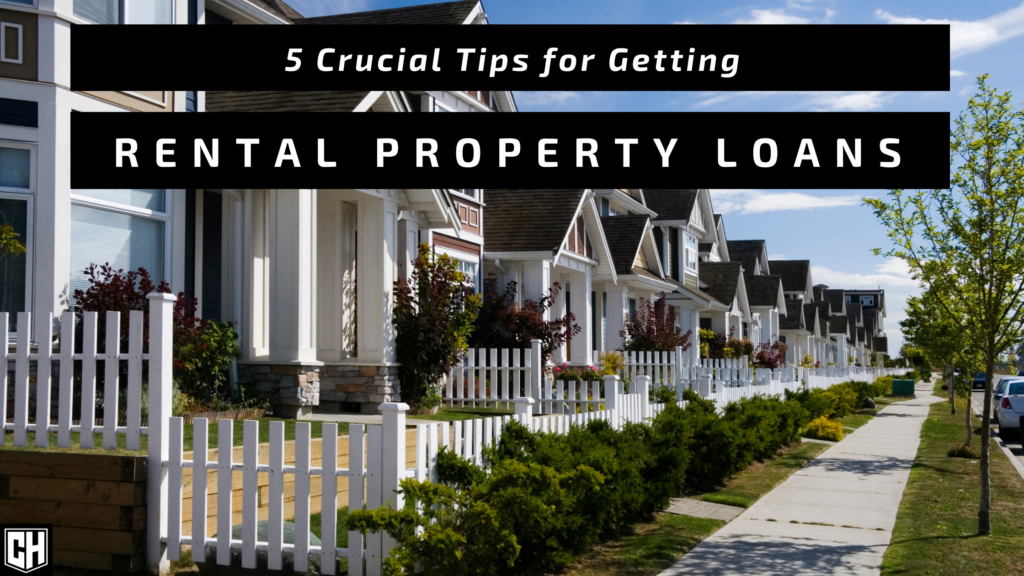|
|
Landlords earn an average of about $97,000 per year. It’s no secret that investing in rental properties is highly lucrative. However, it comes with many risks, especially for first-time rental owners.
You may start a project only to fall short of funds midway. Borrowing funds to pay with money earned from the rent is one way to get out of this rut.
However, you need to be careful when looking for rental property loans. You may end up choosing high-interest loans without knowing it.
Let’s take a deep dive into five crucial tips for getting rental property loans at the best possible rates.
1. Assess Your Risk
Lenders have higher-interest loans for creditors looking for rental property financing. In case of financial strain, homeowners may default on the payments for their rental properties over their homes.
To be in a position to bargain for a lower interest rate, you need to know your financial situation.
You will want to learn how to calculate some of the measures that the lenders will consider. These include your credit score, which you can look up online, as well as your debt to income (DTI) ratio. You DTI can be easily calculated by taking your monthly expenses and dividing them by your gross (pre-tax) monthly income.
As a general rue of them, lenders will like to see your DTI at or under 40%.
2. Get Your Financial Documents in Order
Investing in rental properties comes with a lot of financial and legal obligations. Thus, you will need some statement of proof when you need rental property financing.
Before you approach any lending institution, you will need to get your documents in order. For example, Kiavi rental loans will need to see your tax returns and bank statements. They will also factor in any hedge you have taken, for instance, your insurance cost.
Getting your documents in order will help you analyze your numbers before approaching a lender.
3. Compare Different Rates
Of course, it’s unwise to settle for the first institution willing to give you a loan. To get the best deal, compare the rates of different lenders.
At a minimum, you should get a quotes from 2-3 different lenders and proceed with the one offering the best rate and customer service.
Some online sites have analyzed and compiled these interest rates into tables. Thus, it’s easier for you to compare the terms and rates of different lending institutions.
4. Lock In Your Mortgage Rate
Most investors don’t know when they are getting rental property loans that they can lock in their mortgage rate for a fixed time-period. If you are looking for rental property financing, it means that you need every dollar.
With mortgage rates fluctuating daily, you can’t afford to lose money to price fluctuations. That’s why you need to lock your mortgage rates to ensure that you pay the expected amount.
Mortgage rates can be locked in for short periods, like 12-months for example. They can also be locked in for long periods, like 15-30 years.
5. Utilize a Financial Advisor
If you are financing a property that you plan to rent out to tenants, it will most likely be treated as a business entity. This means you may need to take precautions around taking out this loans.
A credible financial advisor will figure out what steps you need to take to best protect yourself. For example, they might suggest forming a business entity such as an LLC, getting issued a tax ID from the government (called an EIN), or opening up a separate bank account, for example.
A financial advisor will also have extensive knowledge of the types of investment loans you can apply for.
Finding Rental Property Loans
The use of good debt can get you far in the real estate industry. However, to get the best rental property loans, you must first analyze your financial situation. Gather the relevant documents and contacting multiple lenders will help you determine where you can get the best deals.
